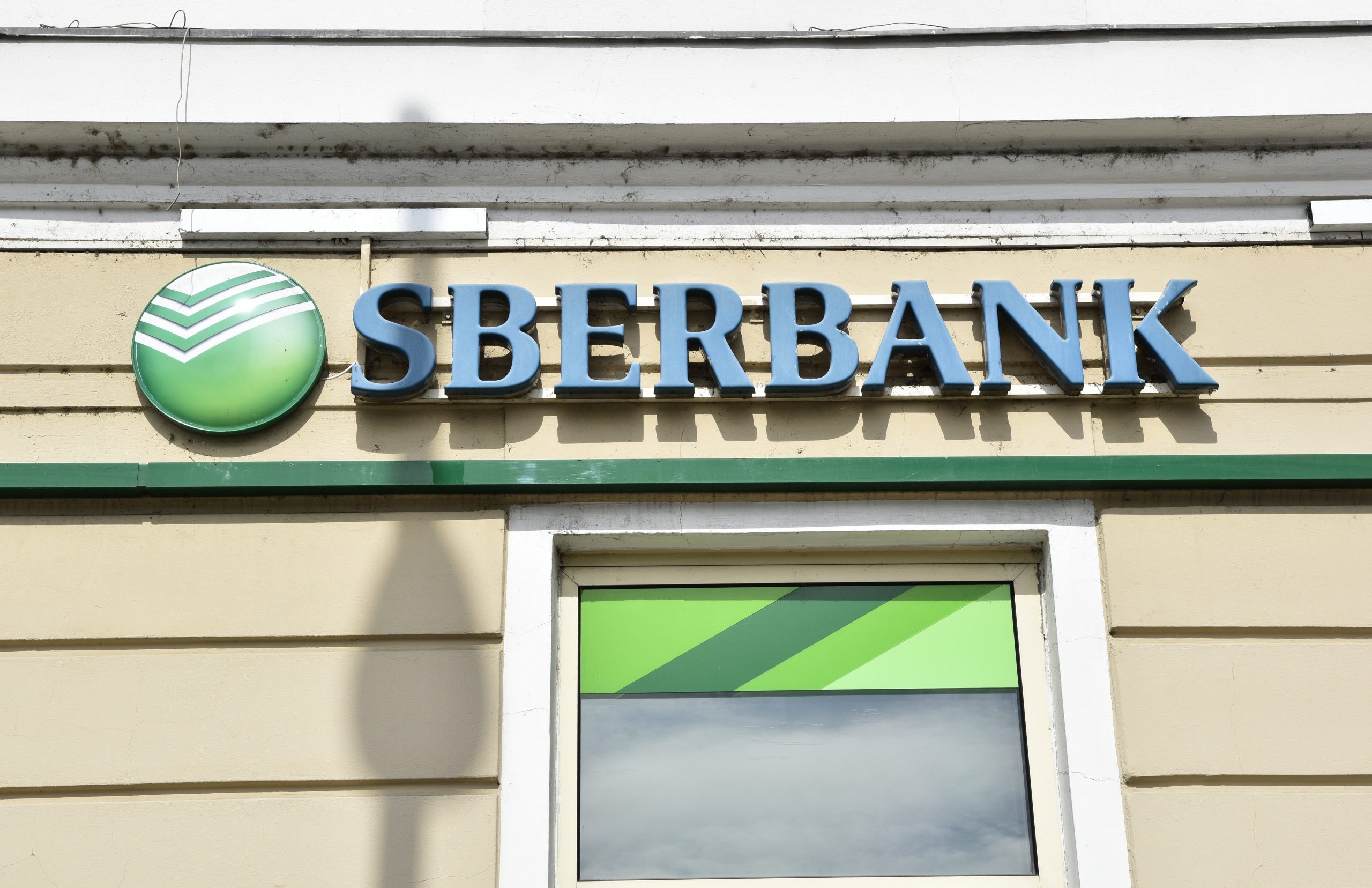
Foreign Minister Szijjártó called the Austrian and Hungarian branches of Sberbank "the first victims of the EU's policy of sanctions."Continue reading

Following the bankruptcy of Sberbank Hungary, the bank’s customers will be compensated up to 100,000 euro so most retail customers have nothing to fear. According to a summary from 24.hu, at closing 16,000 companies in Hungary also had an account at the bank. Several Russian companies and a relatively large number of construction firms with close ties to the government are among the clients.
Last week, the National Bank of Hungary (NBH) withdrew the lending license of Russian-owned Sberbank Hungary because of its “serious liquidity and capital situation” amid international sanctions against Russia, and ordered the credit institution to be shut down.
Hungary’s National Deposit Insurance Fund (OBA) is responsible for paying Sberbank Hungary clients compensation up to the 100,000 euro coverage threshold within ten days.
Earlier this week, the NBH also announced that 61,000 of the bank’s clients could be fully compensated up to the EUR 100,000 limit, but that 1,000 clients – mostly corporate clients – had more money in the bank than that.
News portal 24.hu has now collected publicly available data on who could have been Sberbank’s major customers and thus potentially affected.
More than 16,000 companies in Hungary had bank accounts with Sberbank, of which 6,054 did not have accounts with any other financial institution, the news site reports.
Based on bank account numbers available from the public company database, 14 (partially) publicly-owned companies and 54 companies with a turnover of more than HUF 10 billion were identified. (It is important to note that the amount of the deposits is not publicly available data, so the amount of deposits and account balances held by each company at the bank is not disclosed unless the company itself provides this information).
Of course, having a bank account with Sberbank does not necessarily mean any financial losses, as it is not apparent whether there were any current transactions. Moreover, most companies had accounts at other financial institutions.
Among the companies affected by the failure of Sberbank are those related to the construction of the Paks nuclear power plant expansion and Centrex, a company of the Dunaferr group, which is important in Russian-Hungarian gas relations.
Several companies of Hungarian billionaires with close ties to the Orbán government also had accounts with Sberbank. The two biggest companies affected are István Garancsi’s Market Építő Zrt. and László Szijj’s Duna Aszfalt Zrt, both with interests in the construction sector.
The article names several other prominent construction companies, including Magyar Építő, A-Híd, KÉSZ, Magyar Vakond, West Hungária Bau, Bayer Construct.
Two insurance companies linked to the state-owned Hungarian postal administration, Magyar Posta Zrt. were also among the clients of Sberbank: Magyar Posta Életbiztosító Zrt. and Magyar Posta Biztosító Zrt.
Concerned parties were reluctant to answer 24.hu about how and why they chose Sberbank, what transactions the Russian bank financed for them, or how much money they have tied-up due to the closure. A representative of ASE AO’s Hungary Branch angrily dismissed the questions. The branch is the Hungarian depot of the Russian company Atomstroyexport, registered in the Paks Industrial Park and involved in the nuclear power plant project. It had an account exclusively with Sberbank.
Budapest’s public transport operator BKV is also among those involved, however, the company informed 24.hu that the bank account was only used for daily payment transactions. Thus, the liquidation of Sberbank will not cause any problems in the daily or long-term operations, and the company has no claims against Sberbank exceeding the amount to be reimbursed by the National Deposit Insurance Fund.
Prime Minister Viktor Orbán mentioned the financial institution in a recent radio interview, saying that the money ‘gone’ because of its collapse “will be missed by the Hungarian economy.” While Foreign Minister Péter Szijjártó described Sberbank as “the first victim of Brussels’ sanctions.”
Featured photo by László Róka/MTI